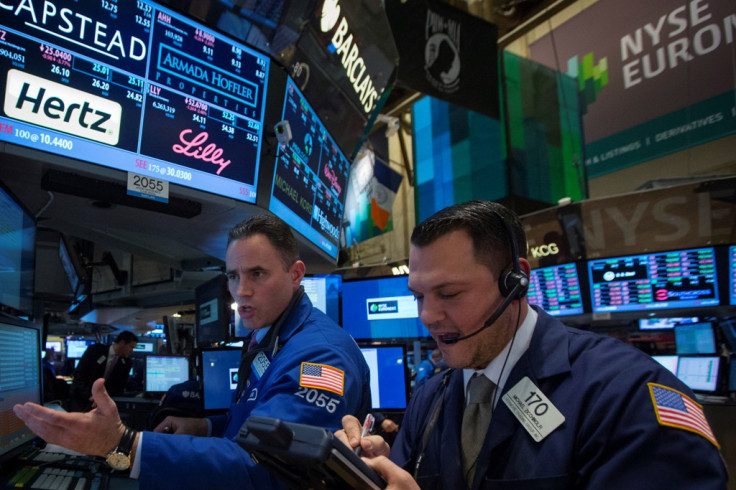Wall Street Indices Rebound Following Biggest Drop In Months

Wall Street indices opened higher on 4 February following their largest selloff in months the day before, buoyed by several sturdy corporate earnings updates.
The Dow Jones Industrial Average began the session 68 points, or 0.4%, higher to 15,433.68.
The S&P 500 opened 10 points, or 0.6%, higher to 1,752.16.
The Nasdaq Composite opened 26 points, or 0.7%, higher at 4,022.36.
Of the 250 companies on the S&P 500 that recently reported earnings, 69.7% beat analysts' profit expectations, while 66% exceeded revenue expectations, according to Thomson Reuters data.
Pre-Market Trade
Shares of handbags and accessories maker Michael Kors shot up more than 19% in pre-market trading after the firm reported a 77% jump in third-quarter profit.
UBS and Itaú Unibanco, Brazil's biggest private-sector lender, rallied in premarket trading.
UBS reported a higher-than-expected fourth-quarter profit and announced higher dividends and bonuses. Meanwhile Itau has logged a record fourth-quarter profit that beat expectations.
Shares of Yum Brands jumped 4.5% in pre-market trading after the KFC parent reiterated its 2014 profit outlook and said reviving bird flu in China had not hurt sales in its top market.
Furiex Pharmaceuticals doubled in price after it said an experimental drug met the main goal in clinical trials associated with alleviating symptoms of irritable bowel syndrome.
World Shares Plunge
Global markets tumbled to a near four-month low earlier on 4 February on signs the world's largest economy was stumbling, which further rattled investor sentiment following the sharp sell-off in emerging markets.
The pan-European FTSEurofirst opened 0.5% lower.
The MSCI's 45-country all world index fell to its lowest level since early October 2013.
The MSCI's main emerging market index lost 1.4%, having plunged 12% over the last two months.
In Japan, the benchmark Nikkei 225 share average finished 4.18% lower.
Investors switched to traditional safe-haven assets such German and US government bonds and the Japanese yen, after the Institute for Supply Management (ISM) said on 3 February its index of US factory activity dropped to 51.3 in January, its lowest level since May 2013, from 56.5 in December 2013.
Wall Street indices shed over 2% on 3 February following news of slowing factory activity in the US.
© Copyright IBTimes 2025. All rights reserved.





















